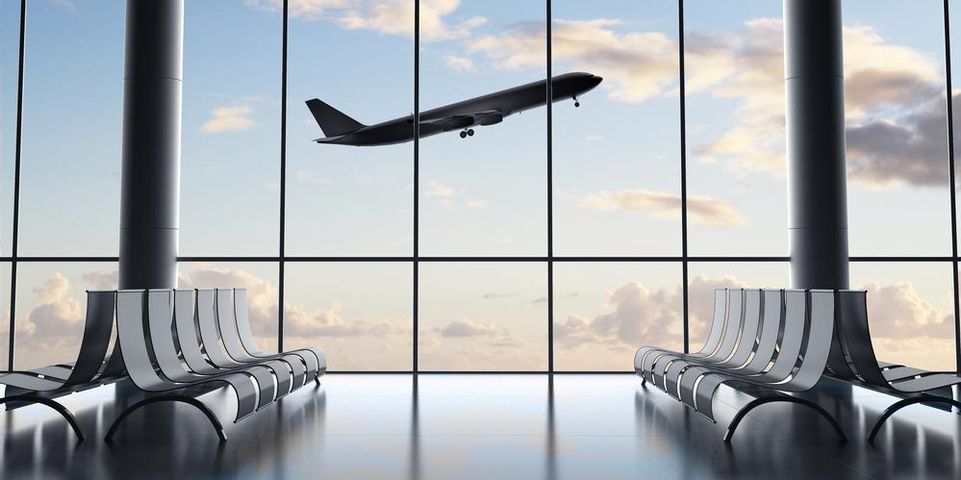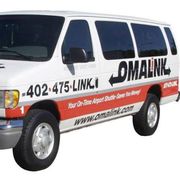Airport Transportation Service Outlines What Passengers With Disabilities Need to Know About Air Travel

If you are preparing to fly with a disabled loved one, you have the support of the U.S. Department of Transportation’s Air Carrier Access Act. This act bars commercial airlines from discriminating against passengers with disabilities. Here, the airport transportation team at OMALiNK Airport Shuttle Charter & Courier Service, in Lincoln, NE, breaks down what you need to know about traveling with a disabled passenger by air.
What Is The Air Carrier Access Act?
The Air Carrier Access Act outlines disabled passengers’ rights before, during, and immediately after air travel, as well as what the airline must provide persons with disabilities. The act applies to all U.S. airlines, including flights to and from the U.S. by foreign carriers. Airlines are not allowed to refuse service to disabled individuals, nor can they request prior flight notice from such people. Notice exceptions are for specialty circumstances only, such as a respirator hook-up. Airlines also may not limit the number of disabled persons on any one flight, prevent the use of assorted seats, or request certain seats based on the disabilities. If a carrier does prevent a disabled individual from flying, the airline must provide a written explanation.
What Does The Passenger Need To Bring?
 In addition to acceptable forms of identification, airline tickets, and passports, passengers with disabilities traveling by air should bring their medications and backup prescriptions onboard the aircraft if applicable. Disabled people also need to bring any necessary medical equipment or gear, as well as documents featuring doctors’ contact information, medication names and dosages, medical diagnoses, and allergies.
In addition to acceptable forms of identification, airline tickets, and passports, passengers with disabilities traveling by air should bring their medications and backup prescriptions onboard the aircraft if applicable. Disabled people also need to bring any necessary medical equipment or gear, as well as documents featuring doctors’ contact information, medication names and dosages, medical diagnoses, and allergies.
What Accommodation Options Can The Passenger Expect?
Airlines must provide boarding, connection, and deplaning assistance to people with disabilities. If level-entry boarding is not possible, they must provide ramps or mechanical lifts. Assistive devices do not count as carry-on luggage; however, all other carry-ons must be placed in overhead storage. Wheelchairs and other assistive devices get priority over standard luggage in overhead compartments. Airlines must also allow passengers with FAA-approved portable oxygen concentrators to use their devices during flight.
Additionally, planes with more than 60 seats and accessible restroom facilities must provide onboard wheelchairs. If a 60 seat-plus aircraft does not have an accessible lavatory, the airline must provide an onboard wheelchair so long as the disabled passenger provides at least 48 hours’ notice.
Whether or not you are traveling with someone with disabilities, if you need airport transportation services, OMALiNK Airport Shuttle Charter & Courier Service is the company to call. The shuttle service provides transportation to and from the Omaha and Lincoln airports, and features town cars and charter buses in addition to van shuttles. Call the airport transportation company today at (402) 475-5465 to schedule a pick-up or visit the website for more information.
About the Business
Have a question? Ask the experts!
Send your question

